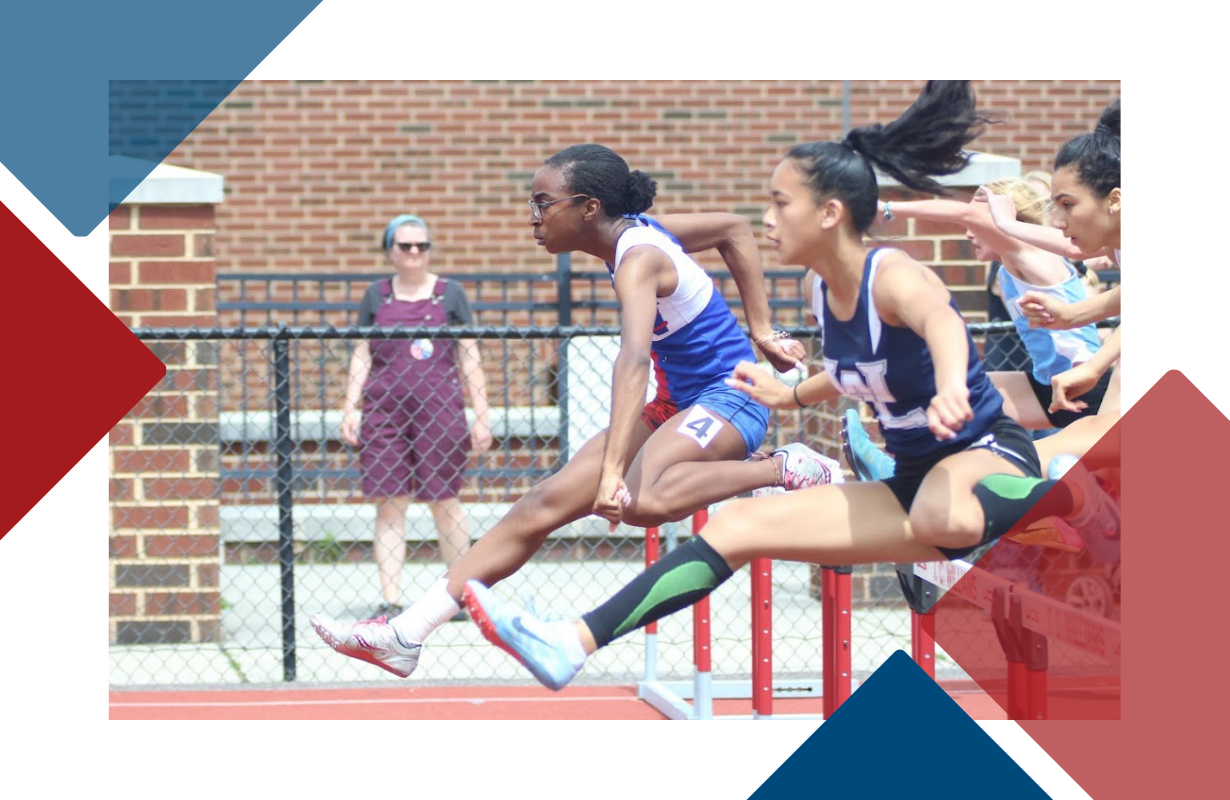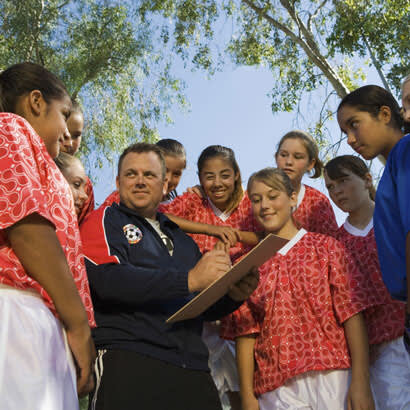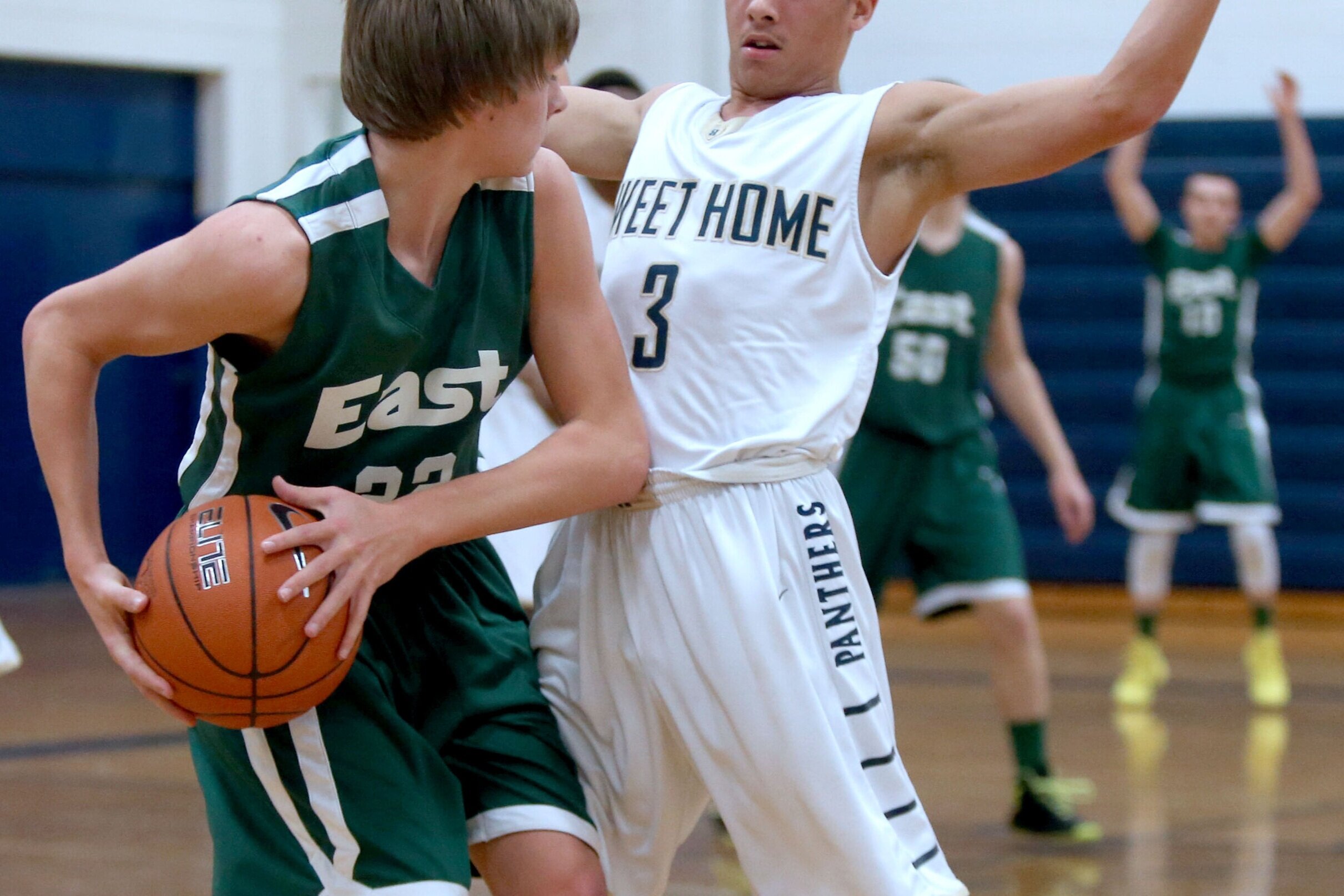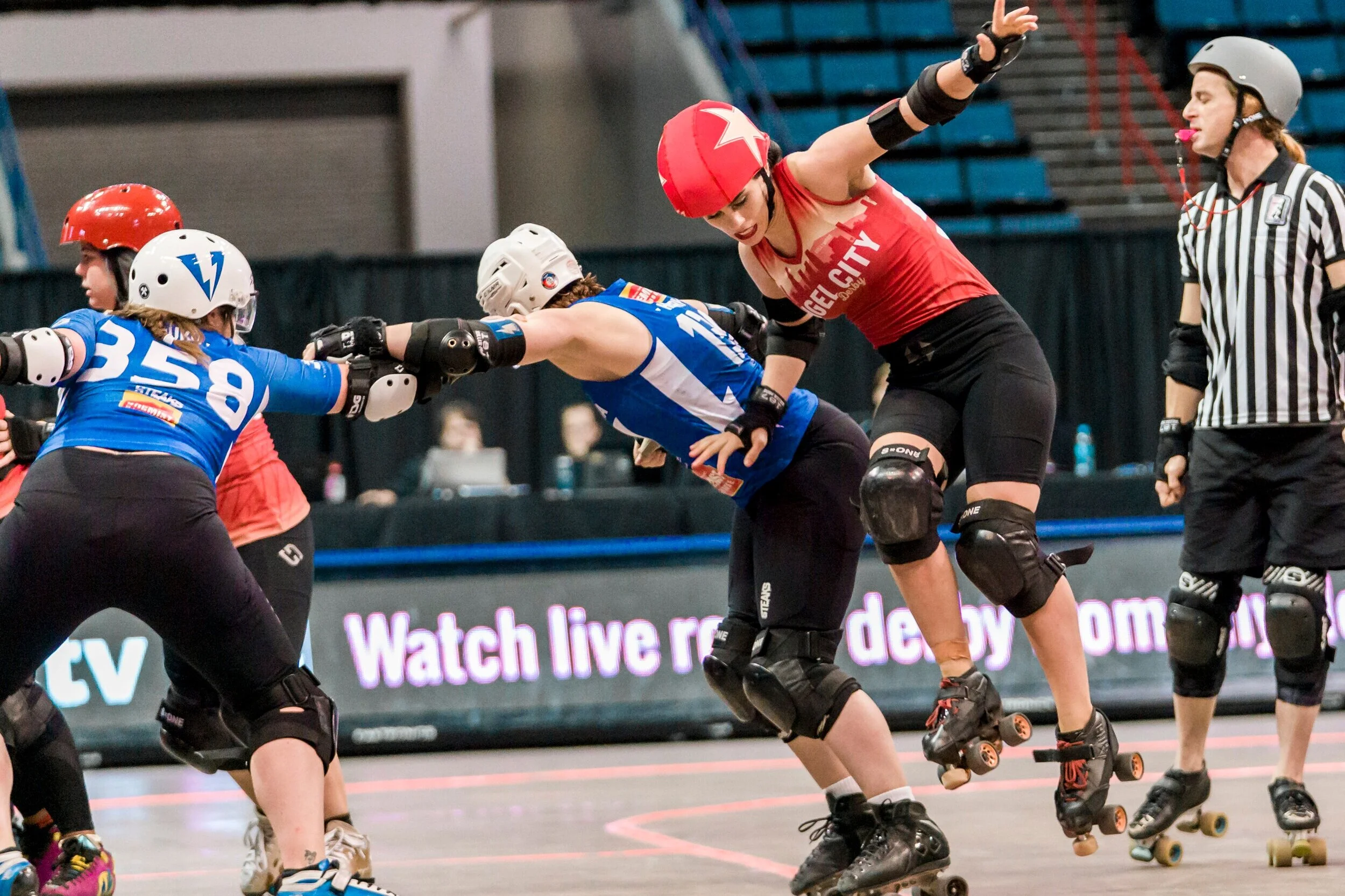South Korea has approached controlling the coronavirus outbreak much differently than the United States, and because of that, South Korea is ahead of returning to sports.
South Korea quickly set up mobile testing stations to identify infected people, isolate them, and trace their contacts with other people, who then also could be tested. This practice has been lauded by doctors around the world. South Korean has tested 9.91 citizens per 1,000 people, compared to 8.04 per 1,000 in the U.S.
When Koreans test positive, the government is permitted to review cellphone and banking data to understand potentially at-risk locations. Text messages are sent to large parts of the population with the times, dates and locations of potential infection points. Hand sanitizer and masks are all over the country. Following a 2015 outbreak of MERS that killed 36 people, the government vowed to stem the spread of a potential pandemic moving forward. And the public bought into it.
COVID-19 cases have reduced so dramatically that South Korea’s baseball league is targeting an early May restart (with only a certain number of fans in the crowd) and teams possibly starting exhibition games on April 21. Some organized youth sports haven’t missed a beat during the pandemic, even though the public is urged to stay home. Meanwhile, at least 116 South Koreans who had recovered from the coronavirus have tested positive again, raising questions for health authorities trying to prevent a second wave of infections.
Manos Volikakis
Manos Volikakis, a Canadian who has lived in South Korea for 11 years, runs a youth hockey program and serves as elementary school athletic director at Chadwick International School in Songdo. We spoke with Volikakis about what’s happening in South Korea during the pandemic and how it differs from the western part of the world. Some of the challenges facing South Korea, such as youth sports coaches pushing the envelope to return before it’s safe, may play out in the U.S. as well.
Solomon: What has it been like in South Korea during the pandemic?
Volikakis: The government drills you to stay home. We’re going on 10 weeks now. Schools are closed. Everything government-run is closed. But malls, restaurants, bars, dentists, doctor clinics are all open. Taekwondo is big here and all the clubs are still running as usual. You have cautious people that will keep their kids home. But no joke, for the last week, it feels more normal with people still being cautious.
There are a lot of text messages from the government (identifying when a positive COVID-19 case occurs in a person’s region). It’s too many, but that’s OK. They never forced anybody to close. Every time there’s a positive case in your region or your province, it pops up as an alert and tells you where that person came from, how they got it, and their entire route of how long they’ve been sick and who they got in touch with. It’s traced down so hard, it’s amazing.
Solomon: Are sports still happening there during the pandemic?
Volikakis: I golfed last night. The golf course was packed. Between holes, there was a man walking into the bathroom and snack bar just to spray the area. Sports haven’t really stopped, other than organized leagues. We run a hockey program, and because we’re at a school that’s closed, we’re the only ones not skating in that rink, but all the other clubs are going at it. Because it’s a privately-run rink, it never stopped.
Our ice rink was closed for two weeks. Last week they called to say they’re opening again. But they said they need our list of kids, so they have control at the door of who comes in and out. If you’re in the rink as a parent, you need to have a mask on, get your temperature checked, and keep your distance from each other.
Solomon: How come you haven’t run hockey practices during this period like others?
Volikakis: If I run a practice, I’ll get fired in a second because our school is closed. Our school is nice enough to pay for the ice. Here it’s madness. If you take a break for a month, you’ll never see that ice time again. Me and the other coach go out there just to skate and make sure no one double dips on our ice. It’s a sneaky system here. We see what’s going on.
Some people are making big money through this crisis. Kids are not in school, so now all the private coaches are running hockey all day in the rink. It’s ridiculous. Out of our team of 20, I would say 50% of them are still skating, at a minimum. Some of these kids are skating with the other club every day of the week except Sunday. You guys in the U.S. are a little similar, but not as cutthroat. As a school, we’re trying to follow the rules and close this pandemic.
Solomon: How do the cultural differences impact the way Westerners and Koreans handle the pandemic?
Volikakis: Right away our school went online for a week (when the virus first hit at the start of February). The government said everything was good, and for a week we went back to school, and then everything exploded. The whole country just said, “We’re done.” I didn’t even know that in 2015 MERS hit Korea hard and I was here for that. That’s crazy. From the get-go this time, the government was really, really honest about what happened. I’ve always seen Koreans being cautious with distances and masks. Us as Westerners are finally like, “OK, let’s do the same.”
Solomon: Are there lessons you think the U.S. youth sports system could take from South Korea on how to return from the pandemic?
Volikakis: I can’t offer much advice on this. I don’t agree with the Korean system, to be honest. It’s so privatized. It’s hard to compare to Canada and the U.S. The Korean government doesn’t financially support small businesses or anybody really. Sports coaches around the country, for the most part, are full-time coaches or privately hired, which means they’ll find any ways possible to keep making a living.
The way the Korean government rules are created makes all private businesses in their rights to keep operating. That means although a soccer pitch is closed because it’s owned by the city, a coach may take his team or part of his team somewhere else where he can run practices. Koreans are asked to stay quarantined, but sneakily all those guys living as coaches need to do secret coaching on the side in order to live. Here, government doesn’t support sports like in the U.S. Here, it’s cutthroat as hell.
Solomon: You’ve mentioned a couple times South Korean coaches are cutthroat. Have you seen what youth sports are like in America? It’s a fragmented system and a rare country without any sport ministry overseeing the mission of youth sports, like South Korea has.
Volikakis: Right, I hear stories. Isn’t this a great opportunity for the U.S.? If you get the right people in government who say, “Let’s all be together and it’s about the kids,” it could be a good time to shake things up. This is just my Canadian living abroad perspective. You guys are influencing Canada a lot too. I’d say in the last 10 years, the private system is slowly crossing the border. Everything that’s offseason in our sports in Canada is exactly what you’re doing. It’s all private stuff. Maybe it’s time you all change.
Do you have a topic that you would like Project Play to explore in future COVID-19 youth sports coverage? Email Jon Solomon at jon.solomon@aspeninstitute.org.






















